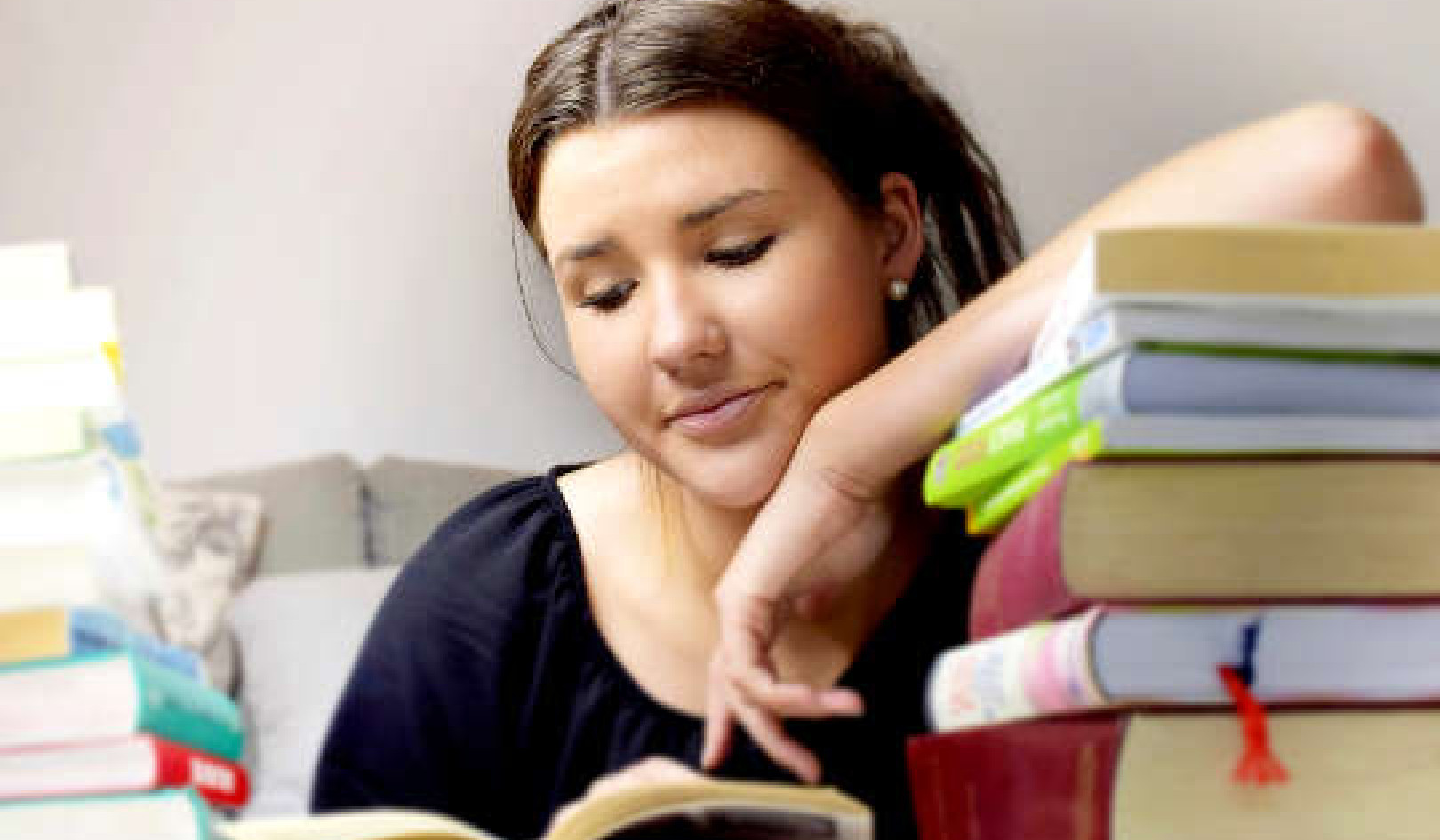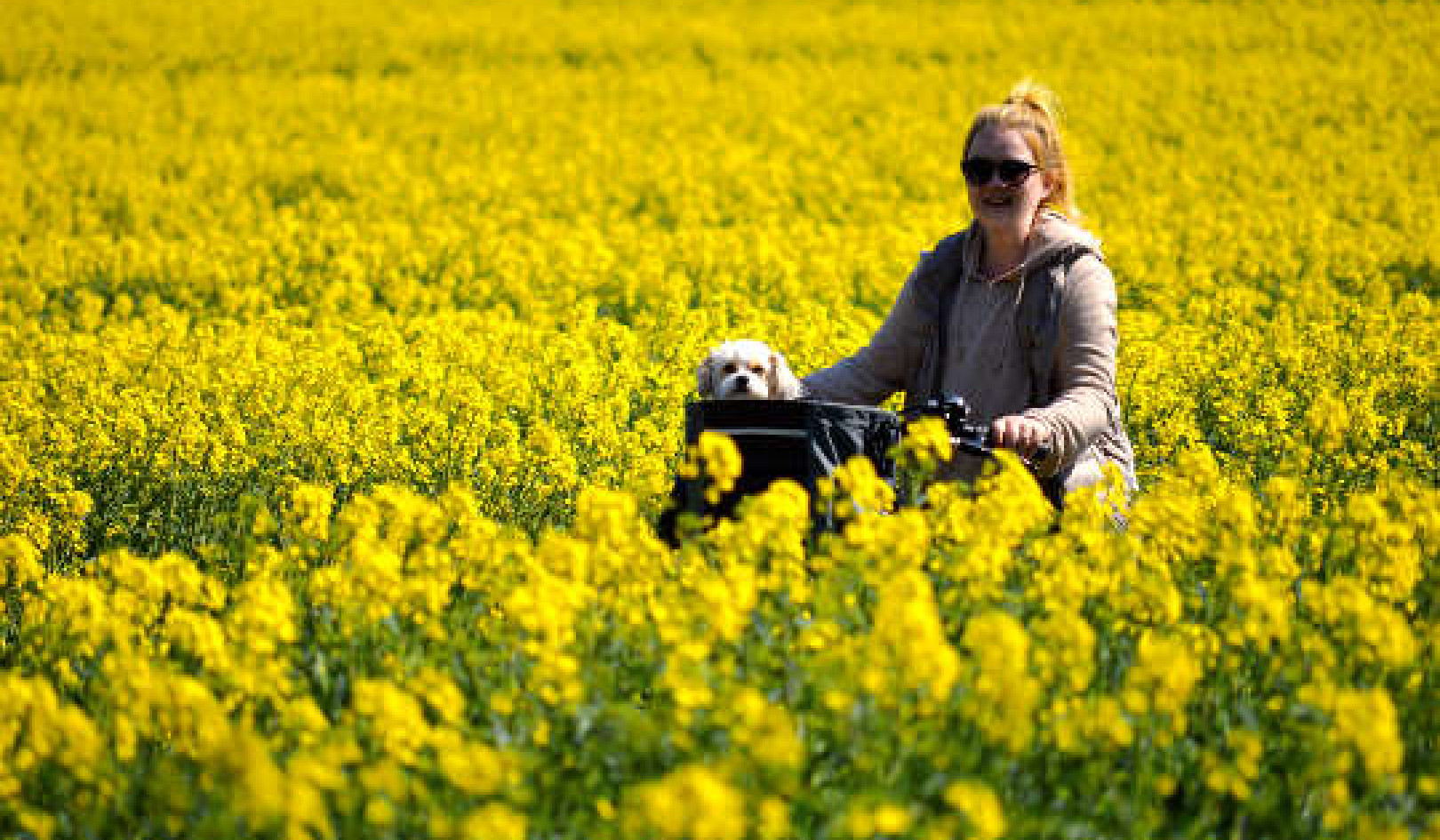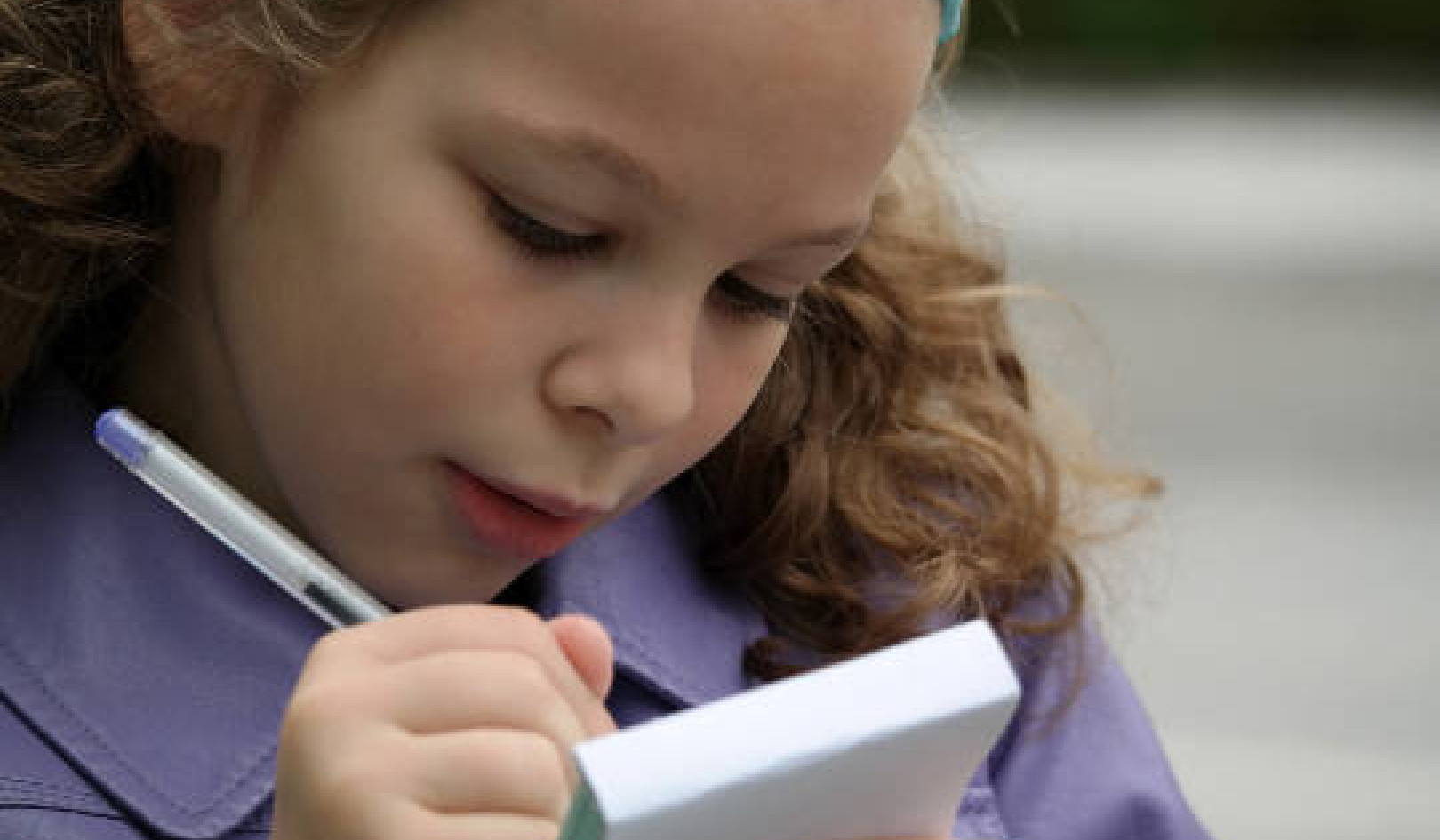
Image by Gerd Altmann
Scientific analysis of COVID-19 is dominated by medical and pharmaceutical questions of vaccines and risk minimisation. But meanwhile, social scientists must track the emerging social orders where new conventions and senses of self and kinship are forming. They are finding that a brand new coronavirus culture is emerging, and with it, many unexpected questions.
The social scientist asks: what new types of everyday practices are emerging? A useful example is social skills for new media.
Have you noticed in online meetings, for example, emerging etiquettes of when to “raise your hand” or blurt out your contribution, or when to type a message in chat? These micro decisions, far from arbitrary, are the active cultivation of the new etiquettes and vernacular that reflect hierarchy and other sensitivities.
And this isn’t just happening online. These new sensitivities affect how we use our bodies to be social, ranging from when and how to elbow bump, to how to smile with your eyes when your mouth is concealed.
What are the new etiquettes of who gets to pass first when distancing? Are there ever circumstances when it is acceptable to embrace? Can we do a “stop and chat” in a supermarket when there is a queue outside?
Of course queuing, that defining chestnut of British anthropology – with its attendant culture of tutting – is a minefield for new forms of everyday transgression and irritability. Indeed, what are we to think of people not wearing a mask?
Are they expressing sceptical libertarianism or struggling with personal mental health? What new expressions of empathy and firmness are required and when? Every time we shop, these questions are posed to us as we figure out the new coronavirus culture.
Questions of community
Then there’s our changing sense of community as the physical radius of our everyday life shrinks and we become more aware of, and even dependent upon, neighbours. Will corner shops again become core parts of community life?
Meanwhile our relationship with our homes and our own sense of domesticity has intensified via sprees of de-cluttering, painting and gardening. People in shared houses find their relationships far more intimate and co-dependent. Cooking becomes more of an event to structure a day around, as people learn en masse how to bake sourdough bread, then move on to the next fad.
Indeed the rise and fall of such fads – marked by surges in sales of bicycles, gardening utensils, DIY, e-shopping – have much to tell us about our nascent coronavirus consumer culture.
How shall we gather in communal space? Will British people take to outdoor eating as temperatures plunge? Will it be socially acceptable for adults to drink cans of booze in public parks? How will the cringing awkwardness of deciding who gets to be included and excluded in groups of six play out in social circles?

Families are settling into their new modes of connection. Shutterstock
Family intimacy must be learnt anew across alternative modes like Whatsapp groups and Zoom calls. At first pursued enthusiastically but now settling into more sustained ways of staying in touch, how often should these calls be made? When should it be a video call and when a normal call? There’s the practice of forwarding memes and simple text messages, minimal engagements that nonetheless keep kinship alive.
All these new practices are being structured around new forms of isolation, loneliness, worry and guilt. What are we going to do about Christmas? How will gifts be exchanged? What innovations will occur as we figure new ways of reaching out? What new forms of loneliness and misery, and togetherness and joyfulness shall we discover?
Has work changed forever?
How many workers, now freed from the expense, exhaustion, and time of commuting will accept a return to work? What new forms of workplace refusal and power are emerging? What organisational operating costs are becoming dispensable? Every new act of workplace rationalisation causes profound ripple effects across the spectrum of everyday living.
Personal economies are transforming. Some benefit enormously from avoiding costs like commuting and holidaying, while others experience the shocking collapse of their income. As the winners and losers of coronavirus culture are being sorted, many will realise that their pre-COVID consumer lifestyles and spending power may not be coming back soon.
Now that the realisation settles that coronavirus culture is a long haul and not a sharp shock, has history ever been so open? By focusing on the huge government decisions that are the basis of the news cycle, we can miss the significance of humble and micro transformations that are the basis of how we live and understand our lives.
As we transition from experiencing the everyday as uncanny and strange, to learning new forms of social awareness, togetherness and irritability, we are co-creating and discovering the new normal – the new coronavirus culture. Whether for better or worse, the social science of the everyday has never been more exciting.
About the Author
Alan Bradshaw, Professor of Marketing, Royal Holloway. The Dictionary of Coronavirus Culture, edited by Alan Bradshaw and Joel Hietanen is published by Repeater Books.![]()
This article is republished from The Conversation under a Creative Commons license. Read the original article.

Related Books:
Atomic Habits: An Easy & Proven Way to Build Good Habits & Break Bad Ones
by James Clear
Atomic Habits provides practical advice for developing good habits and breaking bad ones, based on scientific research on behavior change.
Click for more info or to order
The Four Tendencies: The Indispensable Personality Profiles That Reveal How to Make Your Life Better (and Other People's Lives Better, Too)
by Gretchen Rubin
The Four Tendencies identifies four personality types and explains how understanding your own tendencies can help you improve your relationships, work habits, and overall happiness.
Click for more info or to order
Think Again: The Power of Knowing What You Don't Know
by Adam Grant
Think Again explores how people can change their minds and attitudes, and offers strategies for improving critical thinking and decision making.
Click for more info or to order
The Body Keeps the Score: Brain, Mind, and Body in the Healing of Trauma
by Bessel van der Kolk
The Body Keeps the Score discusses the connection between trauma and physical health, and offers insights into how trauma can be treated and healed.
Click for more info or to order
The Psychology of Money: Timeless lessons on wealth, greed, and happiness
by Morgan Housel
The Psychology of Money examines the ways in which our attitudes and behaviors around money can shape our financial success and overall well-being.






















